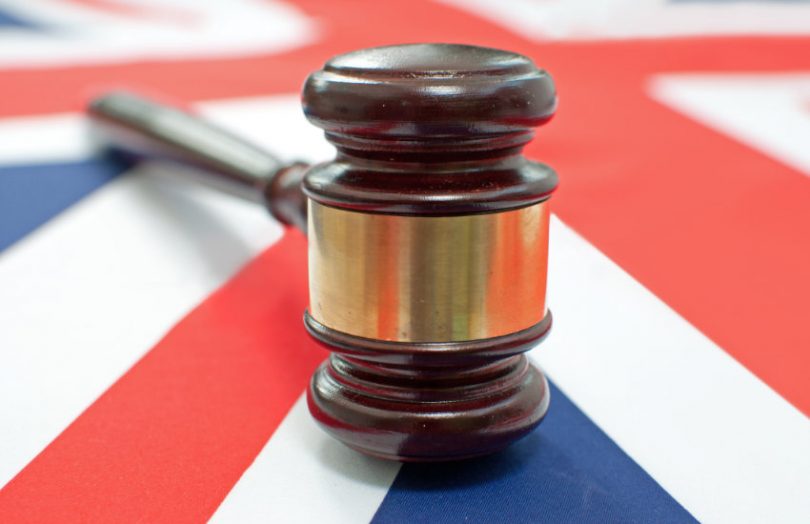The Law Commission of England and Wales has published a consultation paper on proposed reforms to the law surrounding digital assets including determining ownership. With the expansion of the metaverse, blockchain technology and the increasing use of cryptocurrency and NFTs, the law must be updated to account for their unique characteristics. A consultation on the subject seeks responses by November 4.
“It’s important that we focus on developing the right legal foundations to support these emerging technologies, rather than rushing to impose structures that could stifle their development,” said Professor Sarah Green, Law Commissioner for Commercial and Common Law.
Issues of legal title to cryptocurrencies have come to the fore with the current spate of bankruptcies following the crypto crash.
These recommendations will adapt the law to these new technologies and protect its users. It is hoped they will help the UK become a global hub for digital assets.
The key proposal is that a third category of personal property called “data objects” should be adopted. English law currently recognizes two categories of personal property, things in possession (tangible objects) and things in action (property claimable through legal action or proceedings). Since digital assets are intangible and do not neatly fit in either group, a third category that addresses their attributes directly will define their nature more clearly and tailor future legal developments to the needs of the digital space.
The report continually references crypto-tokens but is meant to apply to all forms of digital property that fall within the definition of data objects, including databases, software, digital records and domain names. If implemented, specific property rights would apply to crypto-tokens, giving owners more protection over these digital assets.
The law relating to ownership of digital assets is clarified. It suggests the concept of control rather than possession should be used for data objects. Since intangible objects like NFTs cannot be physically possessed, but owners can transfer them using private keys, the Commission argues that control is a better analogy for the relationship between a data object and owner.
It makes proposals regarding the transfer of digital assets. The report suggests that the rules of title transfer in existing property should apply to crypto-tokens even if the transfer creates a new or modified crypto-token. It distinguishes between the factual transfer of crypto-tokens on a distributed ledger and the transfer of legal title which are not necessarily the same.
Another suggestion is that if a purchaser buys a token in good faith, unaware of any other party’s claim to it, they will retain ownership of the token.
In situations where owners cede some control of their crypto to another party, an existing law should be applied that requires this to be in writing.
It proposes clarifying the requirements for custody of crypto-tokens. How these arrangements should be authenticated and recognized legally is another area for statutory reform.
Beyond crypto-tokens, the Law Commission is also working on digital issues in the context of electronic trade documents. It has published draft legislation that would legally recognize bills of lading and exchange in electronic form. The gist is that possessing an electronic bill of lading is equivalent to holding a paper version. These issues are critical to blockchain-based supply chain and trade finance applications.






